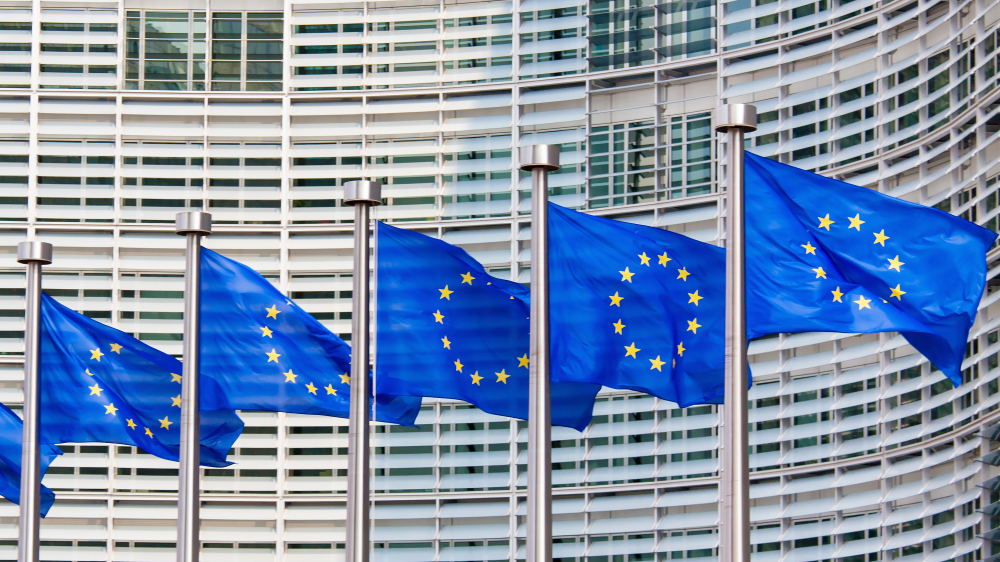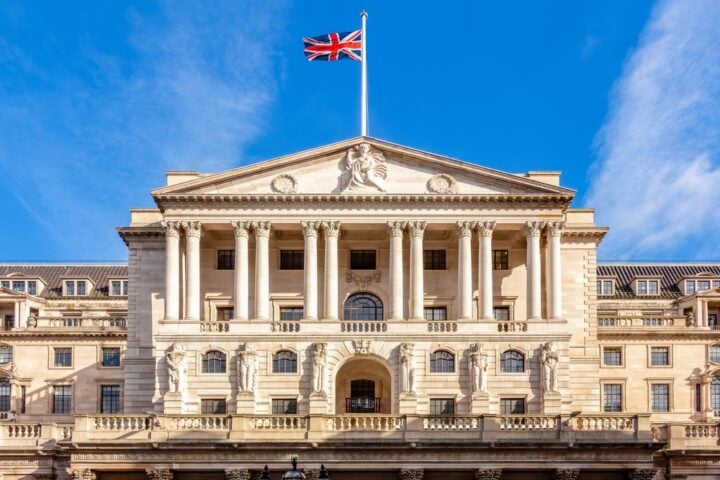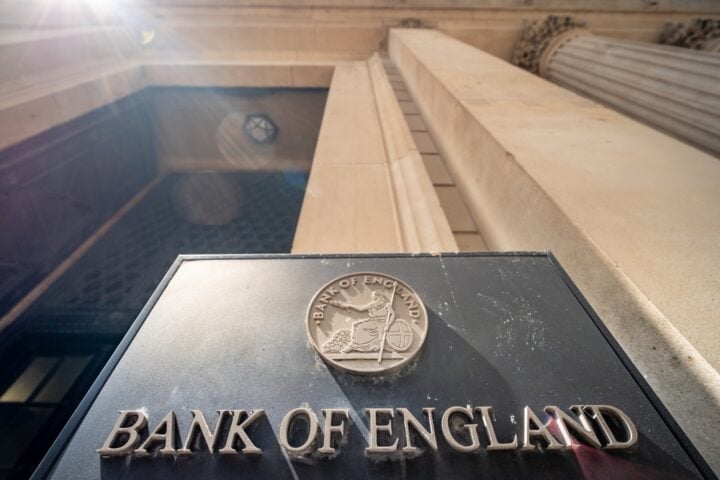Inflation Trends Continue
Annual inflation in the euro zone increased for a third consecutive month in December, reaching 2.4%, according to preliminary data from Eurostat. This aligns with economists’ expectations and represents a rise from the revised 2.2% in November.
Core inflation, which excludes volatile items like energy and food, remained steady at 2.7% for the fourth consecutive month, while services inflation slightly increased to 4% from 3.9%.
Factors Driving Inflation
The uptick in headline inflation was anticipated due to fading base effects from lower energy prices earlier in the year. Economists and markets are closely monitoring the persistence of services and core inflation, which could influence the European Central Bank’s (ECB) monetary policy decisions in 2025.
The ECB is expected to reduce interest rates gradually from 3% to 2% this year through multiple trims.
Country-Specific Inflation Rates
- Germany: Inflation rose to 2.8%, exceeding expectations.
- France: Inflation came in at 1.8%, slightly below forecasts of 1.9%.
Market Reactions
The euro gained ground against the U.S. dollar following the report, trading 0.33% higher at $1.0424 in London. However, concerns remain about the euro potentially reaching parity with the dollar if the Federal Reserve adopts a more aggressive stance than the ECB.
Expert Perspectives
Haig Bathgate, director at Callanish Capital, stated on CNBC’s “Squawk Box Europe” that ECB policymakers are unlikely to overreact to the hotter monthly inflation figure as long as it aligns with forecasts.
“There’s now a lot more predictability in a lot of the data series we’re seeing,” Bathgate said, highlighting the expected gradual direction of rate cuts in Europe.
Jack Allen-Reynolds, deputy chief euro zone economist at Capital Economics, noted that the stickiness of services inflation might slow the pace of ECB rate cuts despite a weakening economic outlook.
“Core inflation was unchanged at 2.7% for the fourth consecutive month… This won’t stop the ECB from cutting interest rates further,” he added.
Economic Outlook for 2025
The euro zone economy grew by 0.4% in Q3 2024, but challenges persist, including:
- Political instability.
- Weakness in the manufacturing sector.
- Potential trade tensions under U.S. President-elect Donald Trump.
These factors are expected to cloud the euro zone’s economic performance in 2025.







